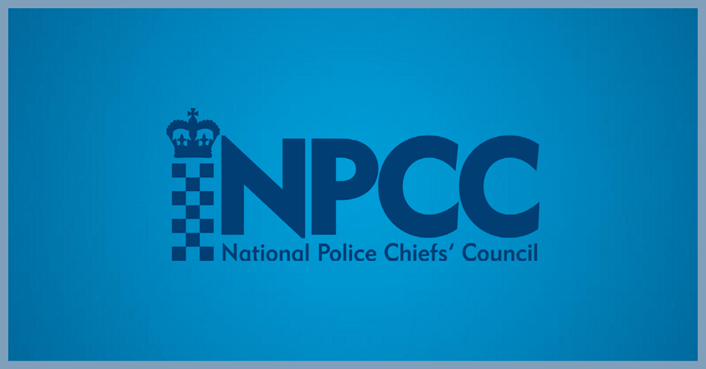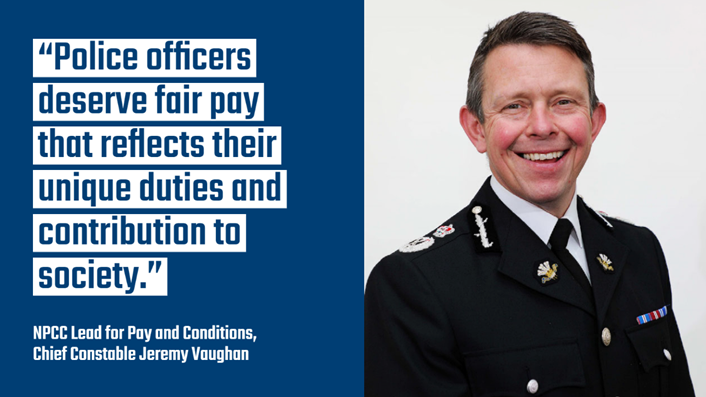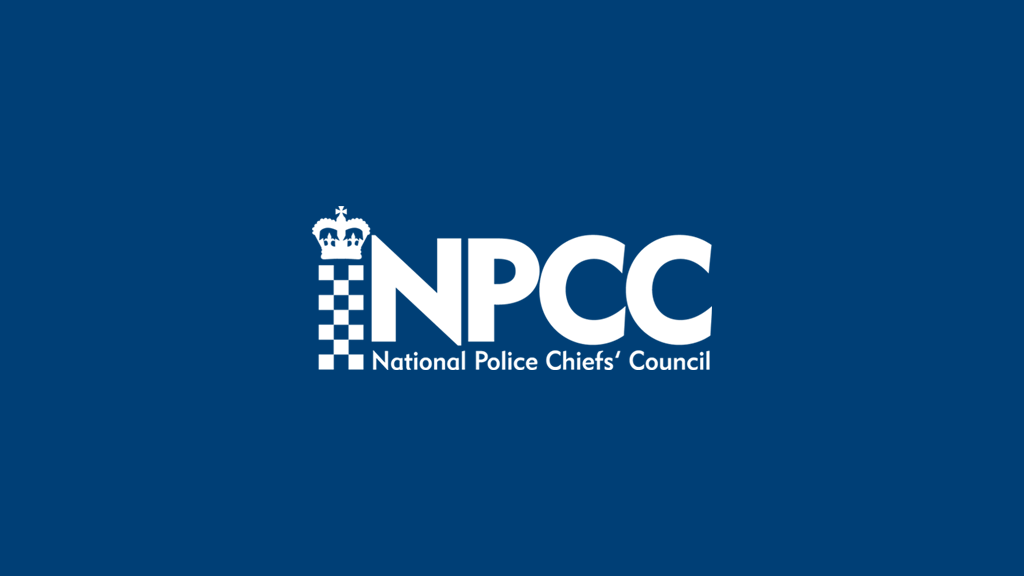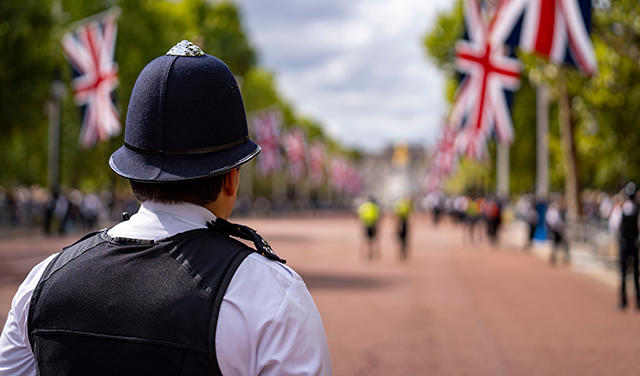News
-

Police staff 7 per cent pay award agreed
Police staff in 37 forces in England and Wales will receive a pay increase of 7 per cent, matching that that was previously agreed for police officers as part of the Police Remuneration Review Body recommendation.
-

NPCC calls for stronger dismissals and misconduct powers
The National Police Chiefs' Council has been calling for stronger powers to rid policing of those unfit to wear the uniform, and has asked for legislative change to ensure chief constables have the final say on sanctions.
-

Police recognised in HM The King's first Birthday Honours List
People of all ranks and several roles have been awarded honours.
-

NPCC responds to HMICFRS review of progress on vetting
Rapid review commissioned by Home Secretary shows significant progress against recommendations.
-

Police Chiefs submit evidence on police officer pay
The National Police Chiefs' Council have submitted their evidence to the Police Remuneration Review Body for police officer pay for 2023/24. It calls for a fair pay deal for officers reflecting their unique contribution to society, the limitations on them and the real terms pay cut over the past decade.
-

Police staff to be checked for allegations and intelligence
All police officers and staff in England and Wales will be checked against the Police National Database (PND) to identify any intelligence or allegations that need further investigation.
-

NPCC will ask all police forces to check their officers and staff against national police databases for misogyny and predatory behaviour
This will help identify anyone who has slipped through the net before vetting standards were toughened and ensure those who are unfit to serve can be rooted out.
-

Our Black Workforce Survey: We’re listening to make change
Police chiefs have reaffirmed their determination to ensure an anti-racist police service after 1,600 Black and Black heritage officers and staff across 44 forces gave their views on what it’s like to be a Black person in policing.
-

-

Improvements recommended in handling police-perpetrated violence against women and girls
The National Police Chiefs' Council (NPCC) and College of Policing have today published a review of themes, learnings and recommendations on police-perpetrated violence against women and girls.
-

College of Policing update guidance on outcomes for misconduct proceedings
Update includes tougher sanctions for officers who damage confidence in the police and new section on violence against women and girls.
-

NPCC to oversee a review of productivity in policing
The NPCC will oversee the review, led by Sir Stephen House

